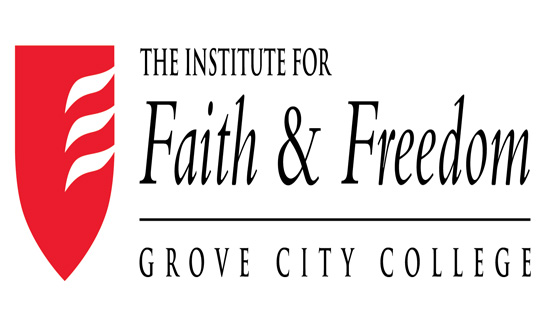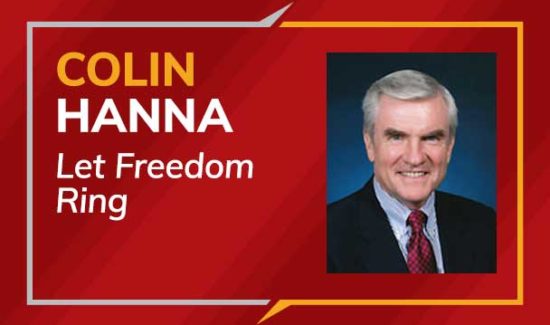Could Electoral College ‘Fix” Backfire on GOP?”
CHARLOTTE — If some Republican leaders had their way, states in which the GOP controls legislatures and governors’ offices soon would reshape election laws.
Maine and Nebraska moved away from a winner-takes-all system of awarding Electoral College votes to one that allocates them by congressional districts.
The concept could quietly gain momentum during the Republican National Committee’s Winter Meeting here, though many GOP members caution that changing the way states bestow electoral votes could backfire and hurt governors and congressional candidates.
"I believe that we need to study it, but not study it to death," said Christine Toretti, an Indiana County businesswoman who is one of Pennsylvania’s three RNC delegates and co-chair of the national party’s finance committee.
The meeting lasts through Friday, when the RNC will elect officers.
Pennsylvania Senate Majority Leader Dominic Pileggi, R-Chester County, intends to introduce a reshaped 2011 bill regarding electoral votes this year, the lawmaker told colleagues in a December memo.
Pennsylvania is one of seven GOP-controlled states, along with Michigan, Ohio, Wisconsin, Virginia, Florida and North Carolina.
"It is not something we are going to try to advance early in the year," said Pileggi’s spokesman, Erik Arneson. "We have a lot of important things to address first."
The bill that Gov. Tom Corbett pushed with Pileggi failed because "people thought it was just too close to the election to consider," Arneson said. "We couldn’t be farther from the election now. Hopefully we can have a fact-based discussion and open hearings in the late spring."
President Obama won the popular vote in November with 65.9 million votes, or 51.1 percent, to Republican nominee Mitt Romney’s 60.9 million, or 47.2 percent, and won the Electoral College, 332-206. If states awarded electoral votes proportionally, it’s unclear whether he would have been re-elected.
In Pennsylvania, Pileggi’s new plan would award two votes to the winner of the popular vote statewide and then divide the 18 congressional districts based on the percentage of the popular vote each presidential candidate received.
RNC Chair Reince Priebus told the Tribune-Review that he considers this an issue for states and won’t meddle.
"I absolutely believe that states like Michigan, Wisconsin and Pennsylvania should be looking at it, but what they do with it is up to them," Priebus said.
The window for Republicans to make such a change is closing, because they could lose control of states in the 2014 elections.
In Wisconsin, Republican Gov. Scott Walker has said that changing how electoral votes are allocated is an "interesting idea" but not one of his priorities, and he has not decided whether he supports it.
Michigan Gov. Rick Snyder said on Tuesday that he "could go either way" on the change and won’t push it. He said it’s a reasonable issue to debate, particularly before the next presidential election.
Democrats criticize the idea as "election rigging" and warn it could backfire on Republicans who support it.
Other critics charge that such a system would cause presidential candidates to visit less often and to advertise only in districts that appear to be in play. In Pennsylvania, that could mean millions of lost dollars for broadcasting stations in Pittsburgh and Philadelphia, where congressional seats surround solidly Democratic cities.
Pennsylvania Republican Party Chairman Rob Gleason is not sold on the idea.
"I was against it last year, and I am still not convinced it is the way to go. It puts a lot more pressure on the Congress members and could hurt their efforts to hold their seats," said Gleason, an RNC member, here.
The state’s third RNC member, Montgomery County businessman Bob Asher, is not in Charlotte. Reached by phone, Asher said he agrees with Priebus that it’s not a national party issue. Asher said he would be willing to look at any analysis from Pennsylvania.
Gleason worries that a Democratic presidential candidate could campaign in a swing state and help a Democrat unseat a Republican in Congress.
"There is a reason that only two states do this," he said, but he promised to listen to what Pileggi has to say. "I won’t close the door on it."
Though a Republican presidential candidate has not won Pennsylvania since 1988, Gleason remains confident that "Pennsylvania will be in play in 2016."
"We only lost the state by 250,000 votes," he said. "Had the Romney team not waited till the last minute to come to the state, he could have probably made it closer."
Salena Zito





